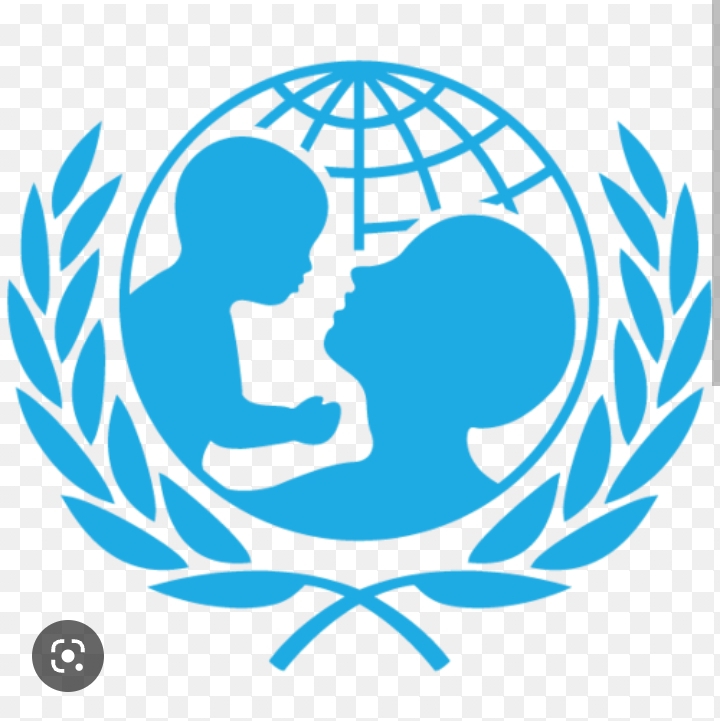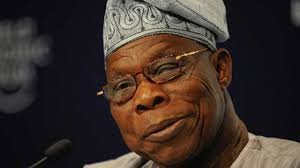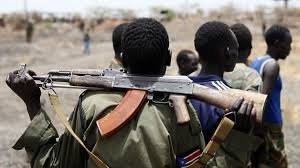UNICEF’s continental and regional reports on child marriage and female genital mutilation in Africa reveal that the continent is home to 130 million child brides, both girls under the age of 18 who have already married and adult women who were married as children.
Nine out of ten countries with the highest levels of child marriage in the world are in sub–Saharan Africa, including respectively Niger, the Central African Republic, Chad, Mali, Mozambique, Burkina Faso, South Sudan, Guinea and Nigeria.
The report also shows that nearly 140 million girls and women in Africa have undergone female genital mutilation, of whom over 40 million also experienced child marriage.
In Nigeria, 44% Of Girls Married Before 18th Birthday, 18% Before Their 15th.
Carolyn Seaman, Head of CSO Coalition to End Child Marriage in Nigeria, said a lot still needs to be done to mobilise action around domesticating the Child’s Right Act in Nigeria, adding that implementation of the act is not enough.
According to her, the evaluation visit offers an opportunity to present what CSOs have been doing as well as some of the challenges being experienced as civil society organisations.
She said efforts have been in place to get more states to sign the document but said as CSOs, the big concern now is not just the signing, “but the substance of the laws that are being domesticated in some of the states, especially some of the states in the North that are still significantly and consciously excluding the age that a child should not be married – a child should not be married if she’s below 18.
“So many of the laws don’t say that, it says as long as you complete your education, so we still have gaps with such laws and it can provide challenges for us moving forward.
“By current statistics in Nigeria, 44% of girls are married before their 18th birthday and 18% before they turn 15.”
She expressed hopes that AU’s visit would have some influence at that high level engagement with member states to reflect not only the progress made, but also support in some of the areas of its challenges and recommendations.
She said the key thing for CSOs is closing the gaps in the policy process that better protects the rights of children, protecting girls from early marriage and other harmful practices and also protecting them from various forms of gender-based violence.
Carolyn also underscored the need to improve the coordination and harmonisation of efforts between CSOs and government.
“It is important for government to know who is doing what and be able to account and keep track of that progress because they are the ones who report on behalf of the country, so if they are not aware of what is happening on the ground then their reporting will be defective.
“So even as we are working closely with the government, we hope. that as we make the case for government better funding is also coming to the government to be able to implement a lot of these activities and tasks, especially in relation to the national strategy on ending child marriage, first of which needs to be reviewed and even renewed for another 5 years hopefully,” she added.


















